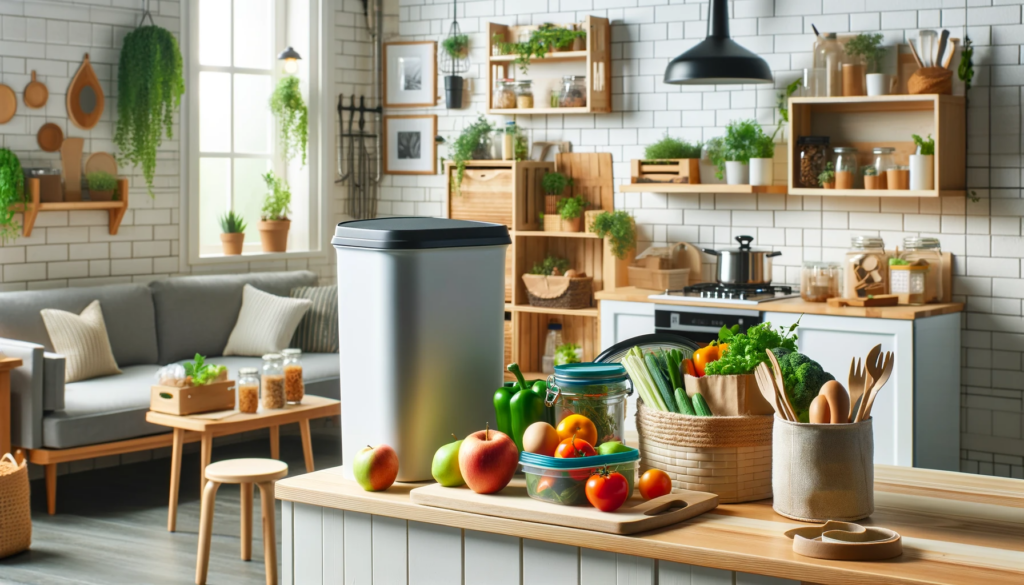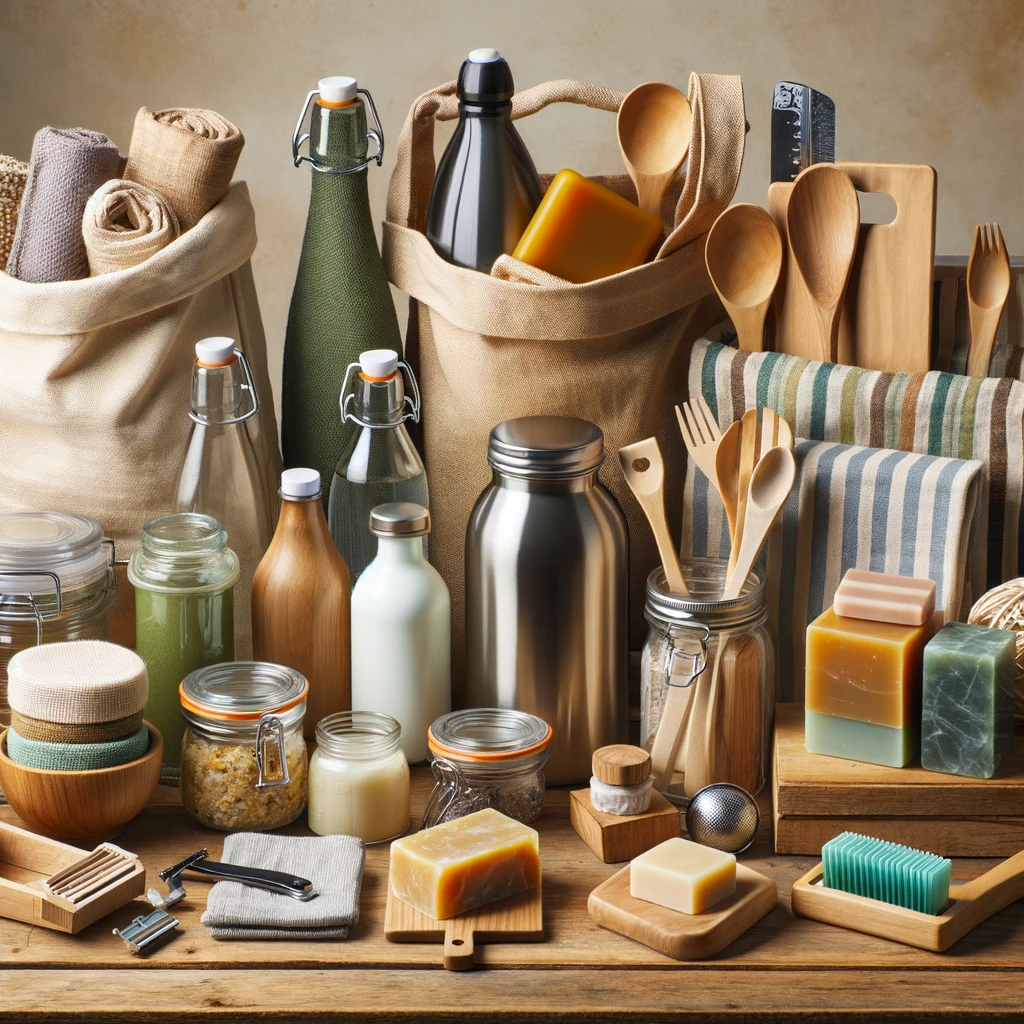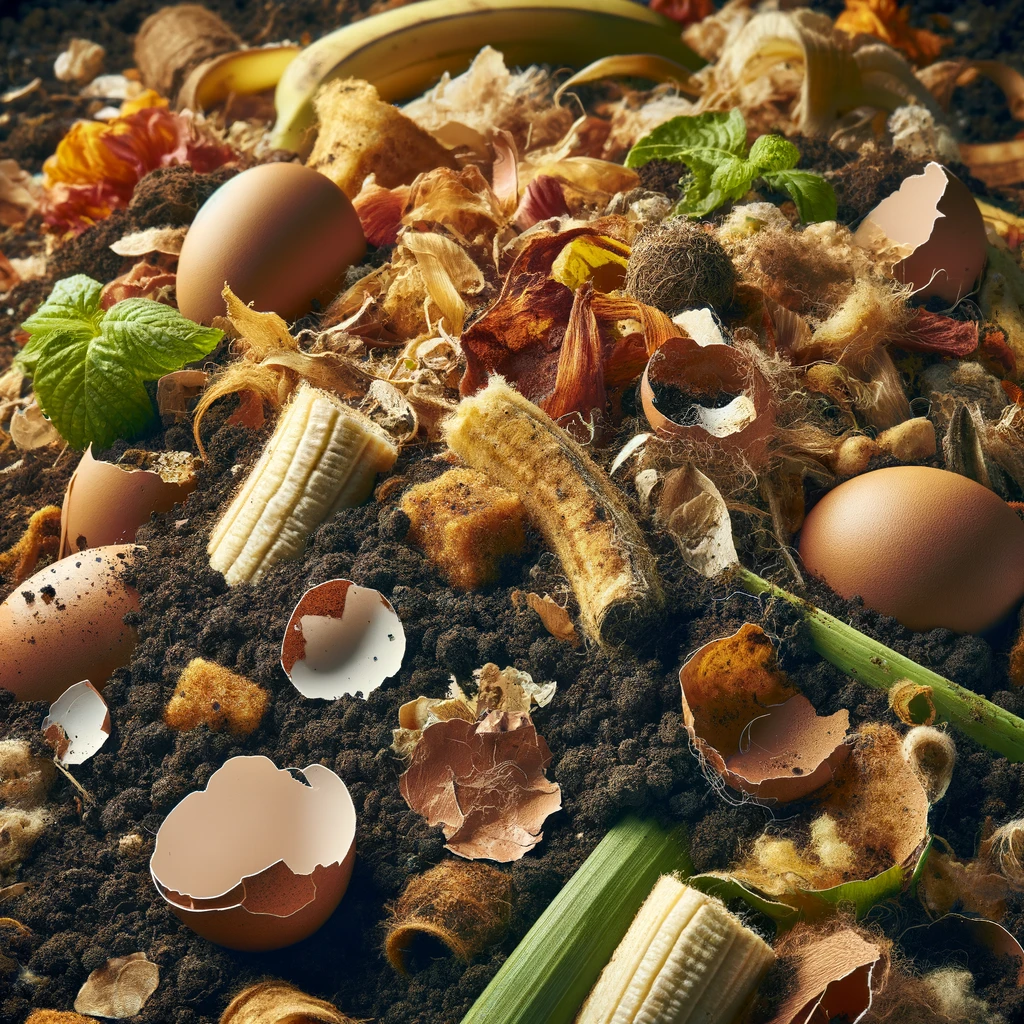Preserving Your Winter Harvest: Zero-Waste Methods to Store and Use Your Produce
Introduction
Winter brings a unique opportunity for gardeners: the time to preserve the bounty of the harvest. In this guide, we’ll delve into sustainable, zero-waste methods to store and use your winter produce, ensuring your garden’s gifts are enjoyed year-round.
Understanding Winter Harvests
The winter garden offers a range of hardy vegetables like root crops, leafy greens, and squashes. These not only provide fresh flavors during the colder months but are key to a balanced, seasonal diet.
Principles of Zero-Waste Food Preservation
Preserving food in a zero-waste manner is all about resourcefulness and sustainability. This practice helps reduce food waste and lessens our environmental impact. For a deeper understanding of this lifestyle, refer to An In-Depth Look at Zero-Waste Living.
Storage Techniques for Winter Produce
Different produce requires different storage conditions. Learn to store your winter harvest properly, whether it’s in root cellars, cool basements, or other creative spaces.
Canning and Preserving at Home
Canning is an excellent way to preserve various fruits and vegetables from your winter garden. It’s a sustainable practice that reduces reliance on store-bought items and minimizes waste.
Freezing and Dehydrating
Both freezing and dehydrating are effective methods to preserve the taste and nutritional value of your garden produce. These methods are particularly useful for fruits, vegetables, and herbs.
Fermentation: A Zero-Waste Preservation Method
Fermentation not only preserves your harvest but also boosts its nutritional content. Simple to start and maintain, fermented foods like sauerkraut and pickles are perfect for beginners. Learn how to Ferment in our extensive fermentation guide.
Using Preserved Produce in Everyday Cooking
Incorporate your preserved goods into daily meals to reduce waste and enjoy homemade flavors. Canned, frozen, or dried, each form offers unique culinary opportunities.
Creative Uses for Leftover Parts
Adopt a holistic approach by using every part of your produce. For tips on using vegetable scraps, check out Home Composting to turn waste into valuable compost.
Conclusion
Embracing zero-waste methods to preserve your winter harvest aligns with a sustainable lifestyle, letting you enjoy the fruits of your labor all year. Start with simple steps and gradually integrate these practices into your routine.
External Links for Further Reading
With each season, we learn and grow. Your winter garden is not just a source of food; it’s a step towards a more sustainable future. Happy preserving!
Frequently Asked Questions (FAQs) About Preserving Winter Harvests
Q1: What are the best vegetables to grow for a winter harvest?
A: Root vegetables like carrots and beets, leafy greens such as kale and spinach, and hearty squashes are excellent choices for winter gardening.
Q2: How can I store root vegetables from my winter garden?
A: Root vegetables store well in cool, dark, and humid conditions, such as in a root cellar or a similar setup in a basement.
Q3: Is canning a sustainable method for preserving winter produce?
A: Yes, canning is a sustainable way to preserve food, especially if you use reusable glass jars and natural ingredients.
Q4: Can I freeze all types of winter produce?
A: Most winter produce, especially fruits, vegetables, and herbs, can be frozen. However, the texture of some leafy greens might change post-freezing.
Q5: What is fermentation, and why is it considered a zero-waste preservation method?
A: Fermentation is the process of preserving food through controlled microbial growth. It’s zero-waste as it extends the food’s shelf life without needing energy-intensive methods.
Q6: How do I use my preserved winter produce in cooking?
A: Preserved produce can be used in various dishes. For example, canned vegetables are great in soups and sauces, while frozen items can be used in stir-fries and stews.
Q7: Are there zero-waste ways to use the scraps from my winter produce?
A: Absolutely! You can use vegetable scraps for making broths or add them to your compost. Refer to our guide on Home Composting for more ideas.
Q8: What are some beginner-friendly foods to ferment at home?
A: Sauerkraut, kimchi, and pickled vegetables are great options for those new to fermentation, requiring minimal equipment and ingredients.
Q9: How long can I store canned and fermented produce?
A: Properly canned and fermented produce can be stored for several months to a year, depending on the method and conditions of storage.
Q10: Can I dehydrate fruits and vegetables from my winter garden?
A: Yes, dehydrating is an excellent way to preserve fruits and vegetables, retaining their flavor and nutrients for long-term storage.






